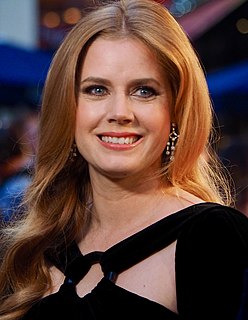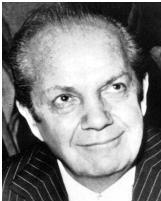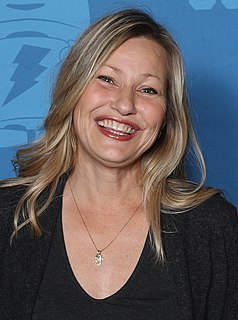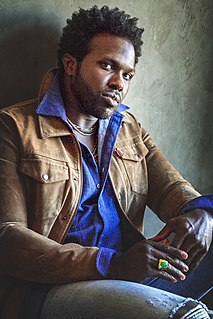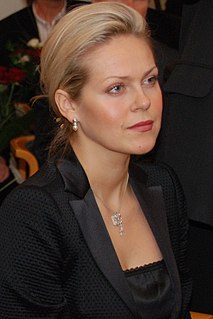A Quote by Amy Adams
I'm not the kind of actress who asks a lot of questions of my directors unless it's something I really need to know.
Related Quotes
Alejandro Amenabar is a different kind of director than I lot of the directors I've asked for. He really asks you to enter his dream as opposed to, you know, a guy like Sidney Lumet or something is going to ask you to create a character almost like a documentary. He wants you to make the people really real and he's going to capture it like a documentarian.
The cool thing about Watchmen is it has this really complicated question that it asks, which is: who polices the police or who governs the government? Who does God pray to? Those are pretty deep questions but also pretty fun questions. Kind of exciting. It tries to subvert the superhero genre by giving you these big questions, moral questions. Why do you think you're on a fun ride? Suddenly you're like how am I supposed to feel about that?
People ask, 'Why would you cast yourself in your movie?' And, for me, it's more like an achievement that I am now not playing all the parts, you know? Like I was for so long, in all my performances and a lot of my short movies. So, that's where I'm coming from, not out of a kind of actress-y sense of myself. I mean, I don't really see myself as an actress, but more from performance: this is how you make something. You do it yourself. You're in it and you write it. I think I keep doing it that way, 'cause it's my way. It's what makes me feel like I know how to do it.
What you find with really good directors is that they kind of leave you alone. They've hired you because they know the kind of work you do and the sense of how you'd approach it. So usually, they'll just stand back and maybe give you a nudge once in a while in terms of something specific they might want in a particular scene.
Sometimes directors come to me when I have to play some horrible thing, scary or hysterical or crying; they ask, 'Did you study somewhere to be an actress?' No, this is life. That's why I think I don't want to say you need a really bad experience to be a good artist, but bad experiences in your life say something.
I really need to know where I'm going with fiction to write it in a way that at least I'm happy with. And I really think that a lot of fiction books end badly because terrific writers said, "I'll just figure it out" and plunge in, but have created so many problems that they are kind of impossible to solve. I mean, I'm talking really good writers do this and you can tell when they got to the end they either had to do something preposterous or they just don't really resolve things. So for fiction I spend a lot more time outlining and for humor I really don't do much of it.
It's always interesting to me when one platform of media crosses into another. We've been on the Terry Gross show Fresh Air a couple of times, and I suddenly felt like we could actually represent ourselves as exactly who we are, in this sort of ultra-vivid way. But the weird thing to me is that the questions she asks are in some ways no different than the questions the guy from the high-school paper asks. She might even ask us where we got our name. But something about it, it's like the pH balance of the trajectory of the questions. Maybe it's just her voice.
I always feel like I learn more from directors that are new, and I also am able to understand how much I really do know about filmmaking when you work with directors that maybe don't have as much experience, so you're able to sort of take the reins. I know how to do these movies, I've done so many of them and have learned from new directors who are usually willing to try new things and are more open to allowing someone like me to kind of come in and just do what I know how to do.
